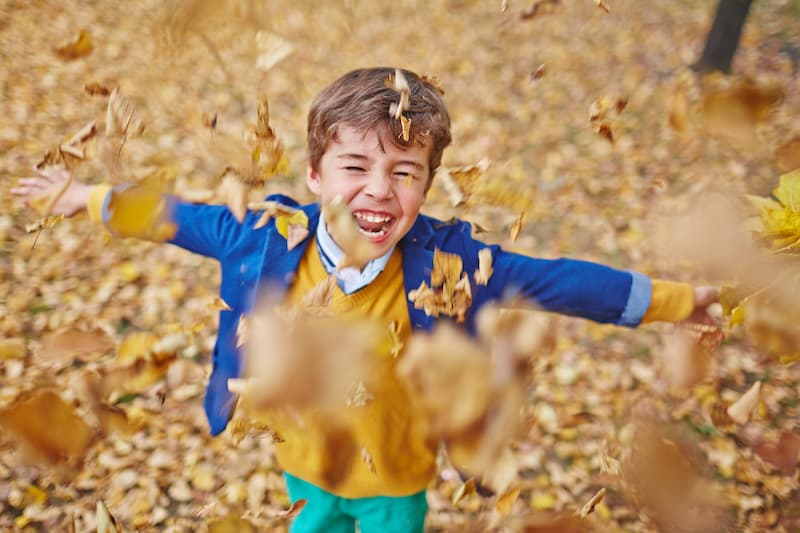Even though baby teeth or primary teeth will ultimately fall out, their importance can’t be overstated. Good primary dentition helps a child establish good biting and chewing patterns, hold healthy space in jaws for the next set of teeth and develop speech.
Primary teeth are just as prone to cavities as adult or permanent teeth. When a primary tooth is lost to decay or falls out prematurely, the other teeth can tilt into the space and cause a delay in eruption. Teaching kids to take care of their teeth from an early age will ideally pave the way for a healthy oral cavity in the future.
That being said, here is a closer look at the importance of baby teeth:
Tooth Position and Alignment
Baby teeth save space for the permanent teeth and guide them into the right position. If a primary tooth is lost because of tooth decay, the adjacent tooth will tip or drift into that space. As a result, the permanent tooth gets less room to grow and tends to be blocked from erupting in that area.
Proper Health & Nutrition
Obviously, teeth are required for chewing. Pain from cavities leads to nutritional issues if the kid isn’t able to properly chew food.
If cavities are left unattended, there’s a huge risk of infection and this can spread to other regions of the body, including the brain. This can result in an emergency situation and the child may have to be hospitalized. Unfortunately, there have been cases where children passed away as a result of a dental abscess.
Healthy Permanent Teeth
Permanent or adult teeth develop near the roots of the primary teeth. Baby teeth are way smaller and so, cavities tend to spread quickly through the thin enamel. If left untreated, the primary teeth can develop an abscess or an infection which can interfere with teeth development and cause damage to the adult teeth underneath.
Facial and Speech Development
The cheeks, lips, and tongue deflect the teeth off during sound formation. The correct positioning of primary teeth helps in the formation of ideal pronunciation during speech. The structure of the tooth ideally gives support to the development of facial muscles and helps shapes the child’s face.
Self Esteem and Concentration
If your kid is experiencing dental pain, it can have a huge impact on their ability to focus and learn in school. Decayed teeth can also interfere with their social interactions and affect their self-esteem and confidence. This can lead to the kid missing school and you missing work if you have to take them to the dentist for an emergency appointment.
Tips For Baby Teeth Care
1. Getting Started
Since primary teeth usually arrive in six months, it is usually a good idea to introduce the aspect of dental hygiene at this stage. Parents usually find it hard to introduce brushing and establish proper oral hygiene at this point.
However, we all know that infants and toddlers put everything in their mouths and so, why not a toothbrush. Introducing this aspect at an early stage will allow the baby to be used to the idea of brushing.
2. Dentist Appointments
The cornerstone of good oral health is visiting the dentist at an early age. The best time to bring the kid to a pediatric dentist is before they hit the 2 year mark, particularly when the first tooth comes out. This gives you a chance to ask hygiene and dietary questions and get professional advice on dental health.
It allows your practitioner to establish a baseline record of the oral health of your child, which further safeguards the establishment of ideal dental health and prevents premature loss of crucial baby teeth.
3. Establishing a Brushing Regime
To keep your child’s mouth healthy and establish a dental health routine, brushing regularly is recommended. For 0-2 years old, it is best to brush with just water. From 2 to 7 years, the kid should brush twice a day with a little amount of fluoride toothpaste. You will still need to provide assistance with brushing, while still encouraging them to manage their own routine.
For a child under 7 years, a gentle scrub technique is recommended. However, your dentist should be able to advise you on the best technique for your child.
